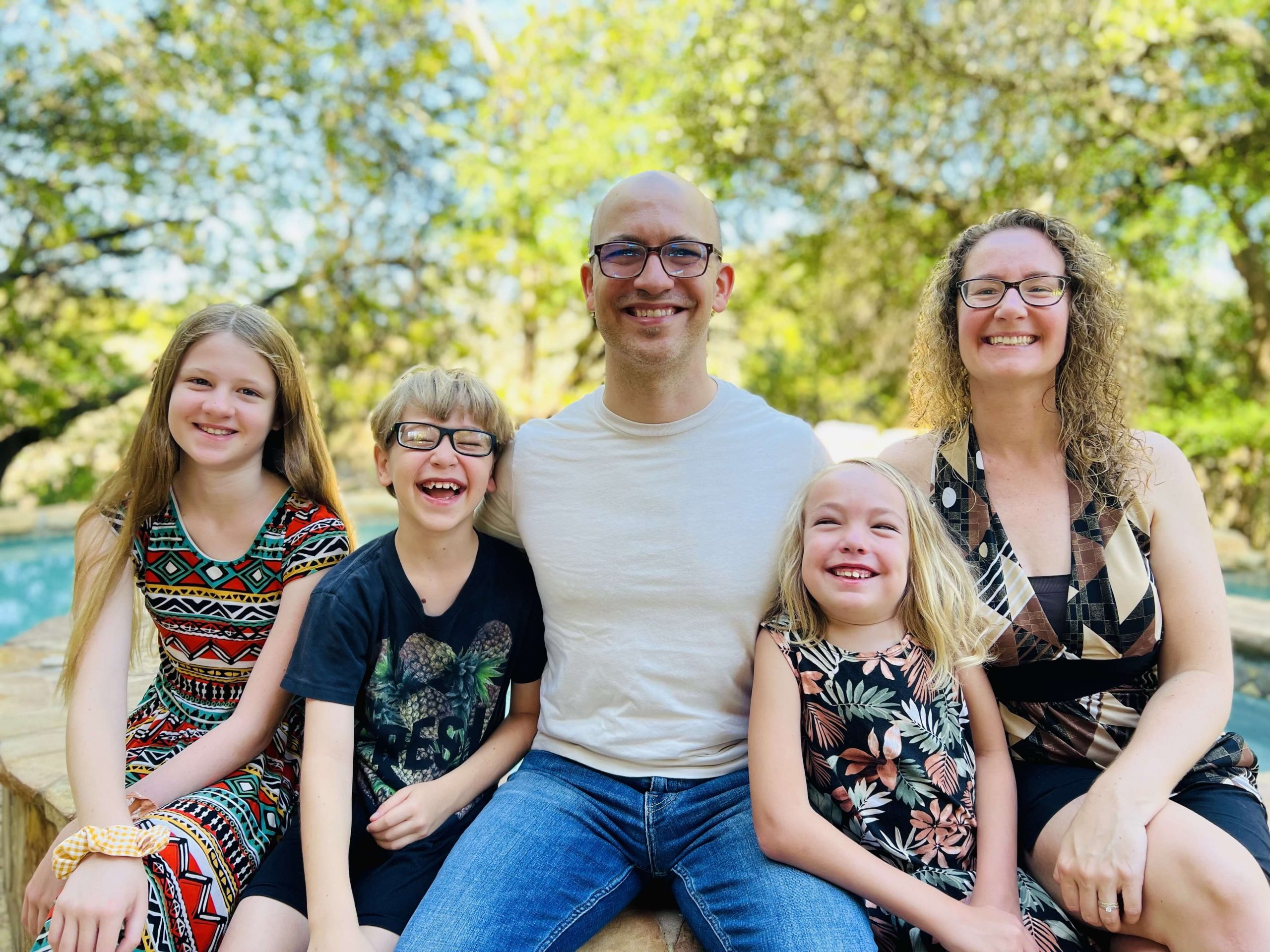During my 18 weeks of pregnancy, doctors noticed something different on the ultrasound and warned that my baby girl might be born with dwarfism, a genetic condition that causes someone to be considerably shorter than an average-sized person due to changes in bones and cartilage growth. I was referred to a specialist with training in high-risk pregnancy care and management. I saw the specialist after my 23rd week of pregnancy and began to have monthly amniocentesis tests to determine whether our baby has a genetic disorder or chromosomal abnormality. The doctor said nothing.
On September 20, 2016, my baby girl was born via c-section. We named her Juliet. Minutes after she was born, nurses rushed her to the Neonatal Intensive Care Unit (NICU) because our daughter was not breathing. I became concerned, and two hours later, a nurse came to talk to my husband and me. Hoping to hear good news about our daughter in the NICU, the nurse asked me: “Did you fall during your pregnancy, or did someone hit you? Your baby has 67 broken bones, and they are all in different healing stages.” We were absolutely in shock. I remembered crying all night in my room without holding my daughter.
“Did you fall during your pregnancy, or did someone hit you? Your baby has 67 broken bones, and they are all in different healing stages”
The next morning, I visited my daughter in the NICU and found her in an isolated room with IV lines around her small body, a feeding tube, and oxygen. My husband and I were not allowed to hold our baby for one week after she was born because doctors and nurses were concerned about us breaking her bones. She received around-the-clock medication for pain. During the third week, a doctor told us that she suspected that our daughter could have Osteogenesis Imperfecta (OI). The doctor sent Juliet’s medical history to an OI specialist in Utah and a week later she was diagnosed with OI. The doctor advised us to take our daughter home and start planning her funeral.
Before leaving the hospital, doctors ordered genetic testing, and we were told that results may take up to 8 weeks. Two months later, Juliet’s diagnosis was partially confirmed. She had OI, but a different type than initially suspected. The geneticist advised me to write a journal about my daughter to educate others about the condition. Today, Juliet has had eight surgeries, and we are preparing ourselves for the next one. Osteogenesis imperfecta has made a big impact on our daughter’s life by not being able to walk, having short stature, and knowing how fragile her bones are. Despite the challenges, Juliet has a strong personality and is very self-aware of her medical condition. She is 7 years old and likes the same things as other girls her age; she likes to wear purses, dress up, and play with make-up. She likes the movie Encanto, and her favorite character is Maribel. Our daughter attends school with a 1:1 aide; she is in first grade, and she does not enjoy when people address her short stature. She knows how little she is but does not need reminders.
Meeting other families with OI has been helpful, and we all give support to each other. Nobody will understand you as well as someone walking a similar journey. My advice to other families with OI is that your life does not stop after a diagnosis; it needs to move forward. It is ok to grieve the life that you are no longer going to have but start planning the new life you will be walking through. My hope for the future is for science to advance and to find a cure for OI.
Written by Paola, mother of Juliet


